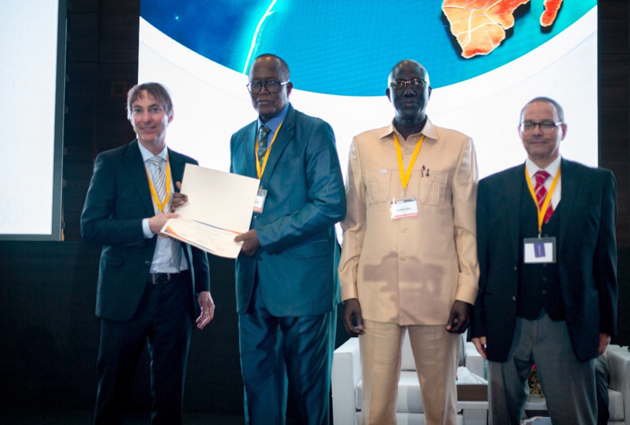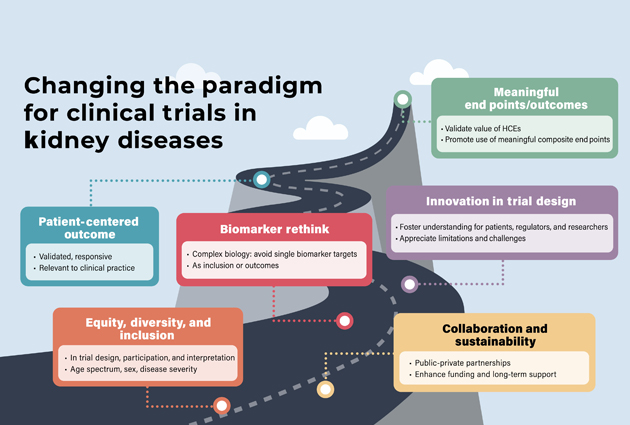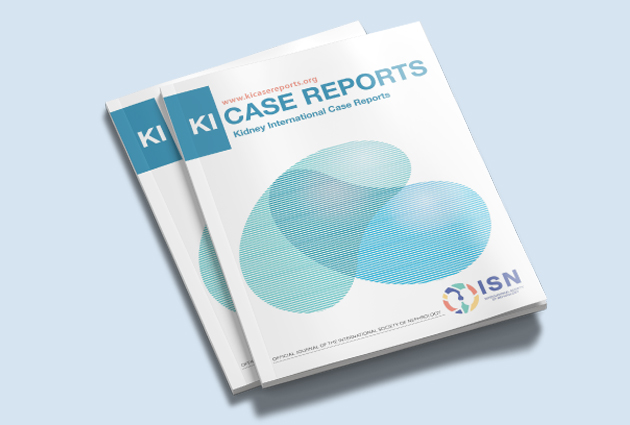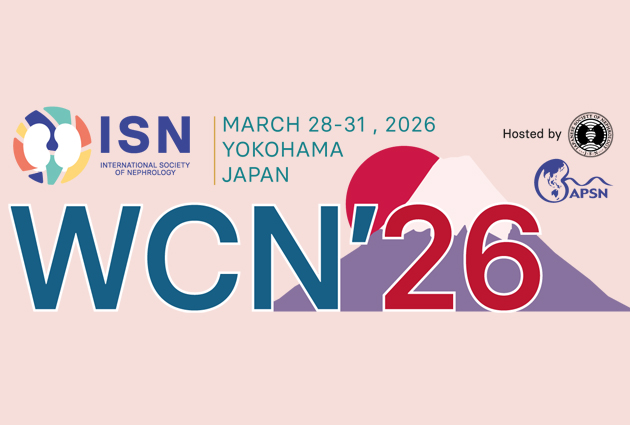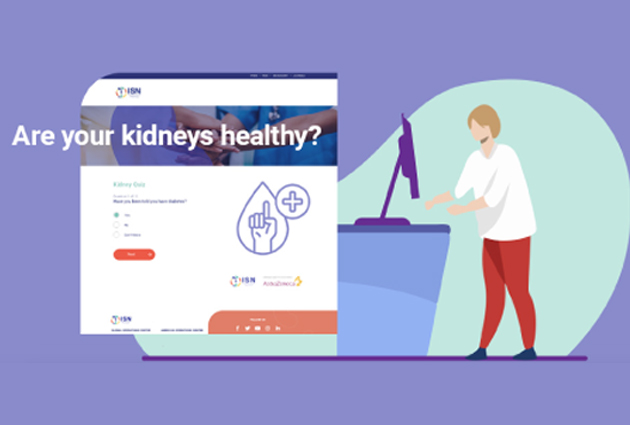ISN KHPWG Identifies Global Issues in Nephrology Nursing Care
Prof Paul N Bennett (Australia), Prof Marie Richards (UAE), Michele Trask (Canada), A/Prof Rachael C Walker (NZ), Stefaan Claus (Belgium), Henriette Nygard (Norway), A/Prof Reena George (India), Dr. Ying Xu (China), Prof Ana Figueiredo (Brazil), Constance Monote (Senegal), Nashon Kagwe (Tanzania), Reena Moodley (South Africa) and Jo-Ann Donner (Canada).
2020: The Year of the Nurse and the Midwife
In 2020, the world has witnessed unprecedented chronic disease rates, the COVID-19 outbreak, and mass population displacement caused by conflicts. Nurses provide vital care in each of these circumstances with the world needing them working and optimizing their education and training.
The first State of the World’s Nursing Report from the WHO and its partners celebrates the nursing workforce.1 Nurses from the International Society of Nephrology Kidney Health Professionals Working Group (ISN KHPWG) join this celebration by presenting an overview of the global nephrology nursing workforce and identifying global issues in nephrology nursing care to mark the Year of the Nurse and Midwife.
Global Kidney Disease
Kidney disease affects over 850 million people throughout2 the world signifying its status as a global public health priority. An estimated 1.7 million people die annually from acute kidney injury (AKI) and over 2 million people die from chronic kidney disease (CKD) because of limited access to kidney disease care and renal replacement therapies. These mortality data highlight inequities in kidney disease prevention and kidney care globally, driven by social determinants of health and political factors.3
Nephrology Nursing Practice
Globally, nephrology nurses are the largest professional group responsible for the provision of care for AKI, CKD, and advanced kidney disease, known as end-stage kidney disease (ESKD). Nephrology nursing scope of practice is responsible for kidney care across the continuum, ranging from disease prevention, treatment, dialysis, supportive therapy, kidney transplant care, and palliative care. Patients with kidney disease have complex needs and many comorbidities, therefore in many parts of the world, the nurse’s role is broad including nutrition, social work, vascular access, primary care, family support, infection control, safety and quality, technical and water treatment expertise. The responsibilities for nephrology nurses can range from health promotion and prevention on a larger scale, to independently running dialysis centers without on-site medical support.
Expanded autonomous roles for nurses in nephrology, such as patient and nurse education, transplant coordinator, home peritoneal dialysis and home hemodialysis, dialysis access (including catheter placement), anemia management, pre-dialysis or CKD care and the advanced role of Nurse Practitioner reflect the very high expertise and varied roles of nephrology nurses. Furthermore, nurses play a major role in early screening and kidney prevention, ensuring strict control of blood sugars and blood pressure to prevent or limit chronic kidney damage.
Nephrology Nursing Workforce Challenges
Nephrology nurse shortages are present in over 80% of low-income countries (LICs) and over 60% of lower-middle-income countries (LMICs).4 The involvement of nephrology nurses worldwide is, however, vital to provide equitable kidney care for all. Nephrology nurses in many parts of the world that lack access to kidney specialists can provide care through standard algorithms and advanced practice that can increase prevention and treatment capacity, which positively impacts the public health burden posed by kidney disease. Nurse practitioner care improves renal outcomes in patients with chronic kidney disease (CKD).5-7
Unfortunately, nephrology nurses are frequently undervalued, underpaid, and poorly resourced. Challenges in nephrology nursing include a lack of specialized education, professional recognition, attractive career paths, and education in quality improvement, research, and leadership, particularly in low- and middle-income countries.
What can be done
- PRIMARY HEALTHCARE AND PEOPLE-CENTERED CARE
- Strive for health systems that deliver people-centered, integrated, multisectoral, and comprehensive primary healthcare services aimed at prevention, early detection, and treatment of NCDs and their risk factors
- WORKFORCE POLICY AND PRACTICE
- Enhance and recognize nephrology nursing’s role in the early detection and management of AKI and CKD by investing in resources to build an integrated nursing workforce development1,8
- Recognize that registered nurses must be major participants in the decision-making, planning, delivery, and evaluation of care9
- EDUCATION AND CAREER DEVELOPMENT
- Training for nurses in symptom assessment, communication skills, advanced care planning, supportive care, and the use of prognostic models needs to be developed. Of particular importance is additional training of those caring for children and young people in LMICs, where ESKD care options are limited10
- Prepare specific skill sets/resource hub for the delivery of both hemodialysis and peritoneal dialysis utilizing inter alia nurses10
- WORKFORCE MANAGEMENT
- Undertake efforts to resolve the nursing shortage, including measures to assure appropriate funding to address the shortage of nursing faculty and the availability of nursing mentors for new graduates and nurses with limited practice experience9
- PARTNERSHIPS
- Strengthen collaboration between doctors, the nursing sector, patients, healthcare authorities and all stakeholders involved to increase understanding of what is locally feasible to reduce the burden and consequences of kidney disease and improve kidney care11
Nephrology nurses are well placed to deliver integrated care for diseases that are common among patients with kidney disease including hypertension, diabetes, cardiovascular disease, and multiple infectious diseases and therefore can be key individuals engaged in leading the delivery of complex, high-quality holistic care.
References
- World Health Organization. State of the world’s nursing 2020: investing in education, jobs and leadership. Geneva: World Health Organisation;2020.
- Jager KJ, Kovesdy C, Langham R, et al. A single number for advocacy and communication – worldwide more than 850 milliion individuals have kidney diseases. Kidney Int. 2019;96(5):1048-1050.
- Bello A, Levin A, Lunney M, et al. Global Kidney Health Atlas: A report by the International Society of Nephrology on the Global Burden of End-stage Kidney Disease and Capacity for Kidney Replacement Therapy and Conservative Care across World Countries and Regions. Brussels, Belgium2019.
- Bennett PN, Walker RC, Trask M, et al. The International Society of Nephrology Nurse Working Group: Engaging Nephrology Nurses Globally. Kidney Int Rep. 2019;4(1):3-7.
- Gaietto KJ, Brooks MV. The Shortage of Expert Nephrology Nurses in Hemodialysis: A Literature Review. Nephrol Nurs J. 2019;46(6):577-585.
- Peeters MJ, van Zuilen AD, van den Brand JA, et al. Nurse practitioner care improves renal outcome in patients with CKD. J Am Soc Nephrol. 2014;25(2):390-398.
- Walker RC, Marshall MR, Polaschek NR. A prospective clinical trial of specialist renal nursing in the primary care setting to prevent progression of chronic kidney: a quality improvement report. BMC Fam Pract. 2014;15:155.
- Berns JS, Saffer TL, Lin E. Addressing Financial Disincentives to Improve CKD Care. J Am Soc Nephrol. 2018;29(11):2610-2612.
- American Nephrology Nurses Association. American Nephrology Nurses Association 2020 HEALTH POLICY STATEMENT. 2020; https://www.annanurse.org/download/reference/health/position/healthPolicyStatement.pdf.
Accessed 24th April 2020. - Harris DCH, Davies SJ, Finkelstein FO, et al. Increasing access to integrated ESKD care as part of universal health coverage. Kidney International. 2019;95(4): S1-S33.
- Yousif KI, Abu-Aisha H, Abboud OI. The effect of an educational program for vascular access care on nurses’ knowledge at dialysis centers in Khartoum State, Sudan. Saudi J Kidney Dis Transpl. 2017;28(5):1027-1033.


